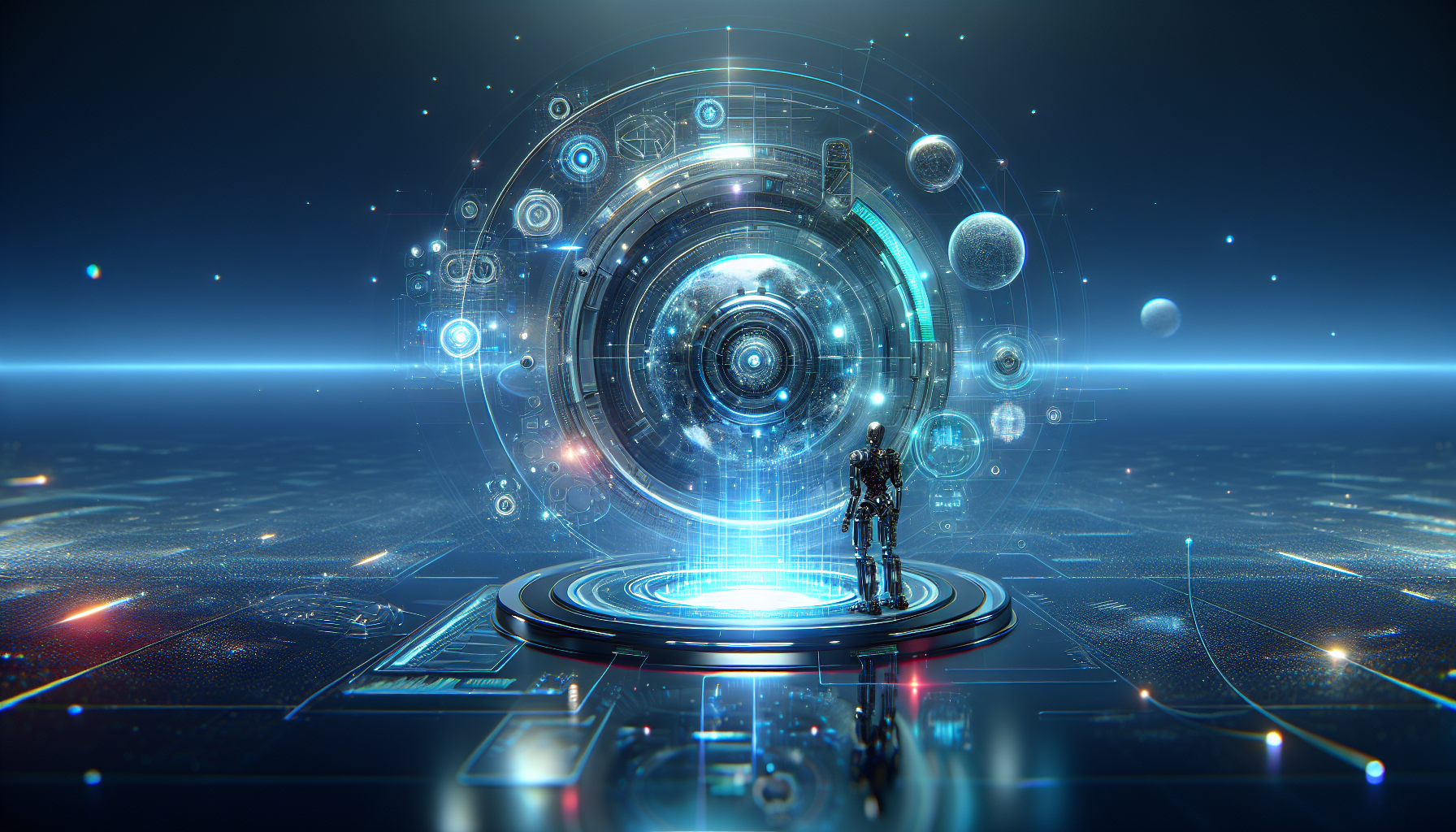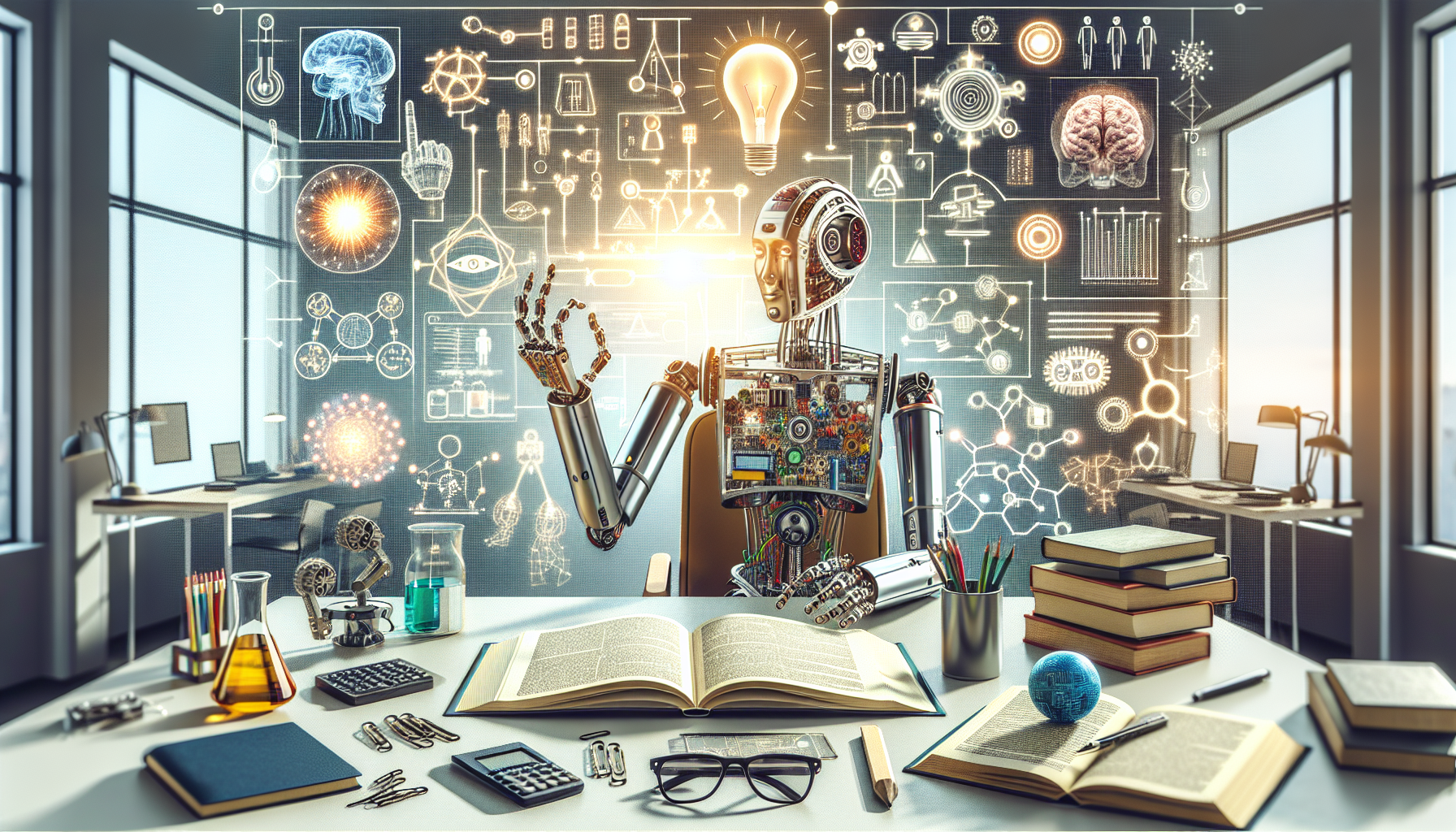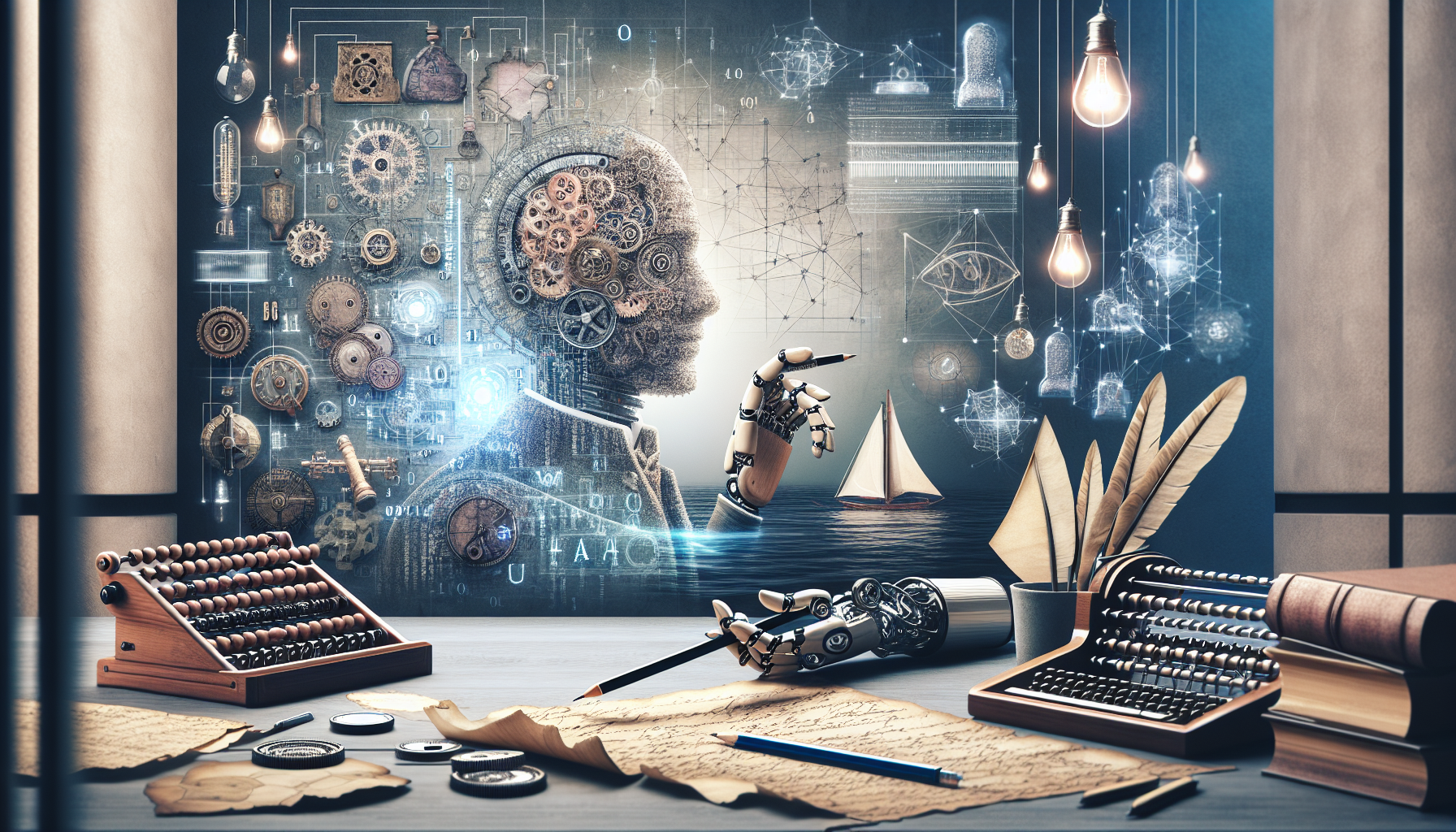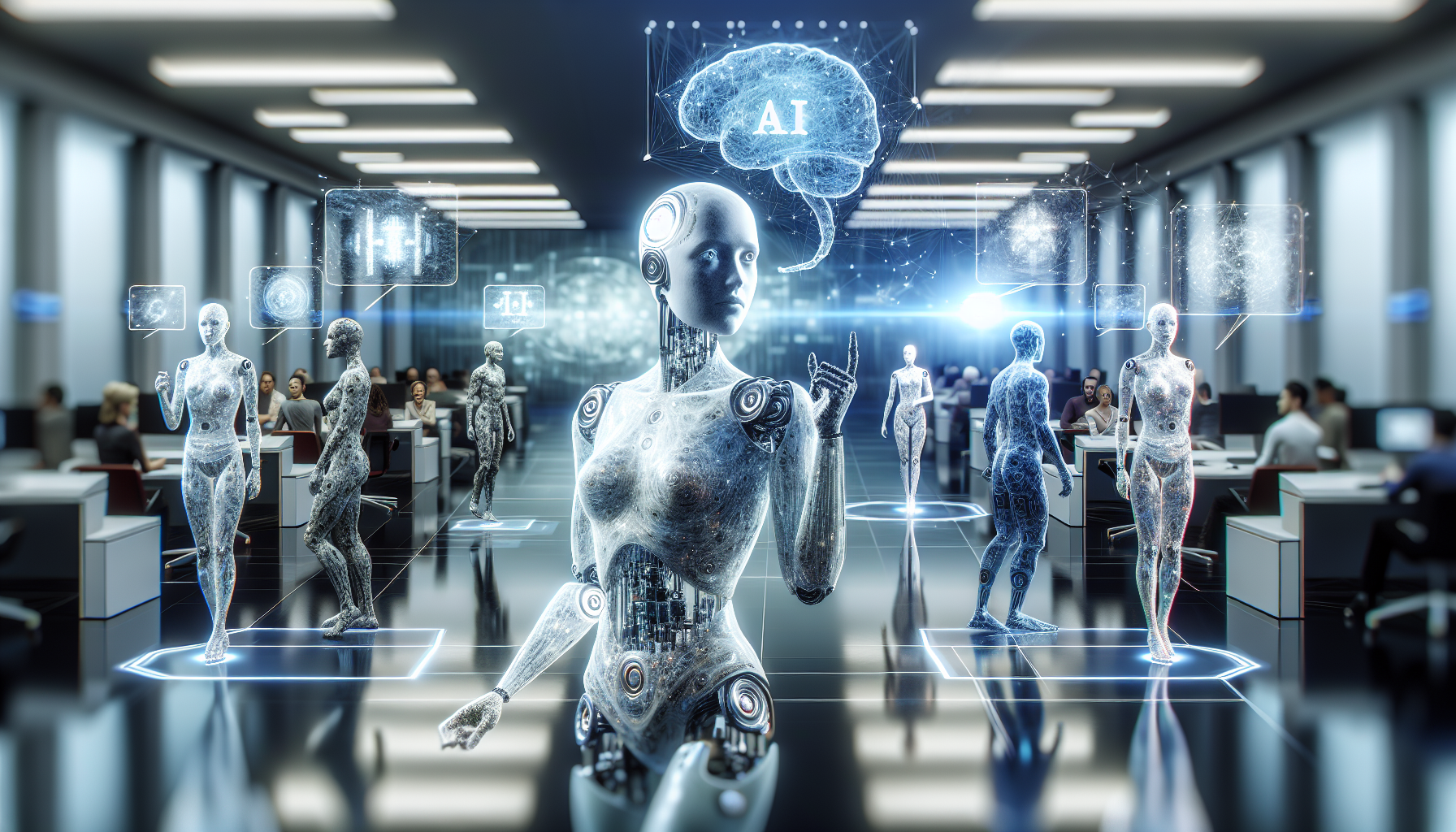
AI and Accessibility: How Technology Could Redefine Inclusivity for People with Disabilities
October 15, 2025
Imagine a world where barriers for individuals with disabilities are not just reduced but completely eliminated. That's not a distant utopia; it's a future that artificial intelligence (AI) is steadily working toward. AI's role in enhancing accessibility is not only transforming lives today but is also setting the stage for a future that promises unprecedented levels of inclusivity.
So, where do we start? Let's talk about something as simple yet crucial as communication. For individuals with speech impairments, AI-powered speech recognition and generation tools are breaking new ground. These technologies are increasingly adept at understanding diverse speech patterns, even those that don't conform to standard speech models. The future could see these tools becoming more intuitive, learning from the individual user to provide seamless, personalized assistance.
Visual impairments are another area where AI shines. Smart glasses and AI-driven apps help translate visual information into audio or tactile feedback. But we're just scratching the surface. Imagine AI systems that can describe complex scenes in real-time, providing individuals with a comprehensive understanding of their surroundings. Such systems could identify not just objects, but also convey emotions and social cues, empowering users in social interactions.
Mobility is another frontier where AI is making strides. Autonomous vehicles are a hot topic, but think beyond just self-driving cars. AI can facilitate the design of smart wheelchairs that navigate environments with minimal input, adapting to the user's needs and even learning preferred routes over time. This could dramatically enhance the independence of users, allowing them to travel freely without relying on assistance.
Education, too, stands to benefit immensely. AI-driven platforms can create personalized learning experiences tailored to each student's needs, including those with disabilities. These systems can adapt content delivery to suit various learning preferences and difficulties, ensuring an inclusive education system that truly caters to everyone. The days of a one-size-fits-all approach in education might be numbered, thanks to AI's potential to offer a bespoke learning journey.
Let's not overlook the workplace. AI is already creating more inclusive environments by automating routine tasks and providing assistive technologies that support employees with disabilities. Future AI developments could go further, crafting adaptive work environments that automatically adjust settings like lighting and temperature based on individual needs. Such innovations could unlock new employment opportunities for people who have been traditionally marginalized.
One of the most exciting aspects of AI-driven accessibility is its ability to foster independence. We're moving toward a future where people with disabilities don't just have tools to assist them but have technology that empowers them to lead autonomous lives. Consider AI companions that assist with daily tasks, from grocery shopping to scheduling appointments, all while learning to anticipate needs and preferences, just like a close friend would.
However, these advancements don't come without challenges. Privacy and data security are paramount concerns. As AI systems become more integrated into daily life, ensuring that personal data is protected is crucial. The development of ethical guidelines and robust security measures will be essential to protect users' information and maintain trust in these technologies.
Moreover, inclusivity in AI development itself is key. People with disabilities should not only be beneficiaries but active participants in designing these technologies. By including diverse perspectives in the development process, AI solutions can be crafted to address real needs rather than perceived ones.
So, what does all this mean for the future? We stand on the brink of a revolution in accessibility, one driven by AI's incredible potential. This isn't just about improving lives; it's about fundamentally altering the landscape of inclusivity. As AI technologies continue to evolve, they hold the promise of creating a world where disabilities no longer dictate the boundaries of what individuals can achieve.
Will this vision be realized? Much depends on the concerted efforts of technologists, policymakers, and communities. By embracing an inclusive mindset and championing ethical development, AI can indeed redefine what it means to be accessible, turning what was once a dream into reality.
As we ponder the potential of AI in this realm, the question remains: how will society harness these innovations to not only advance technology but to elevate humanity itself?


